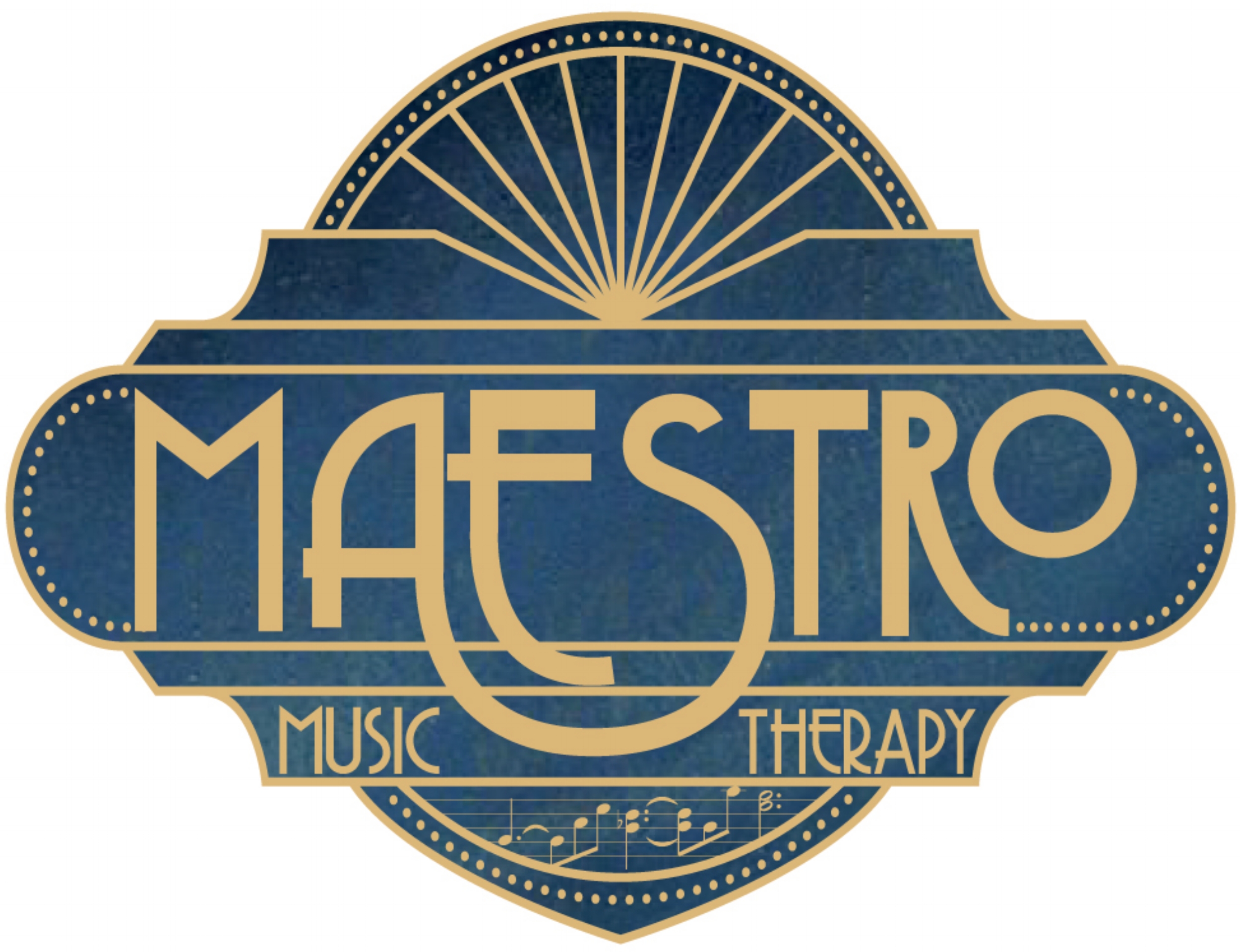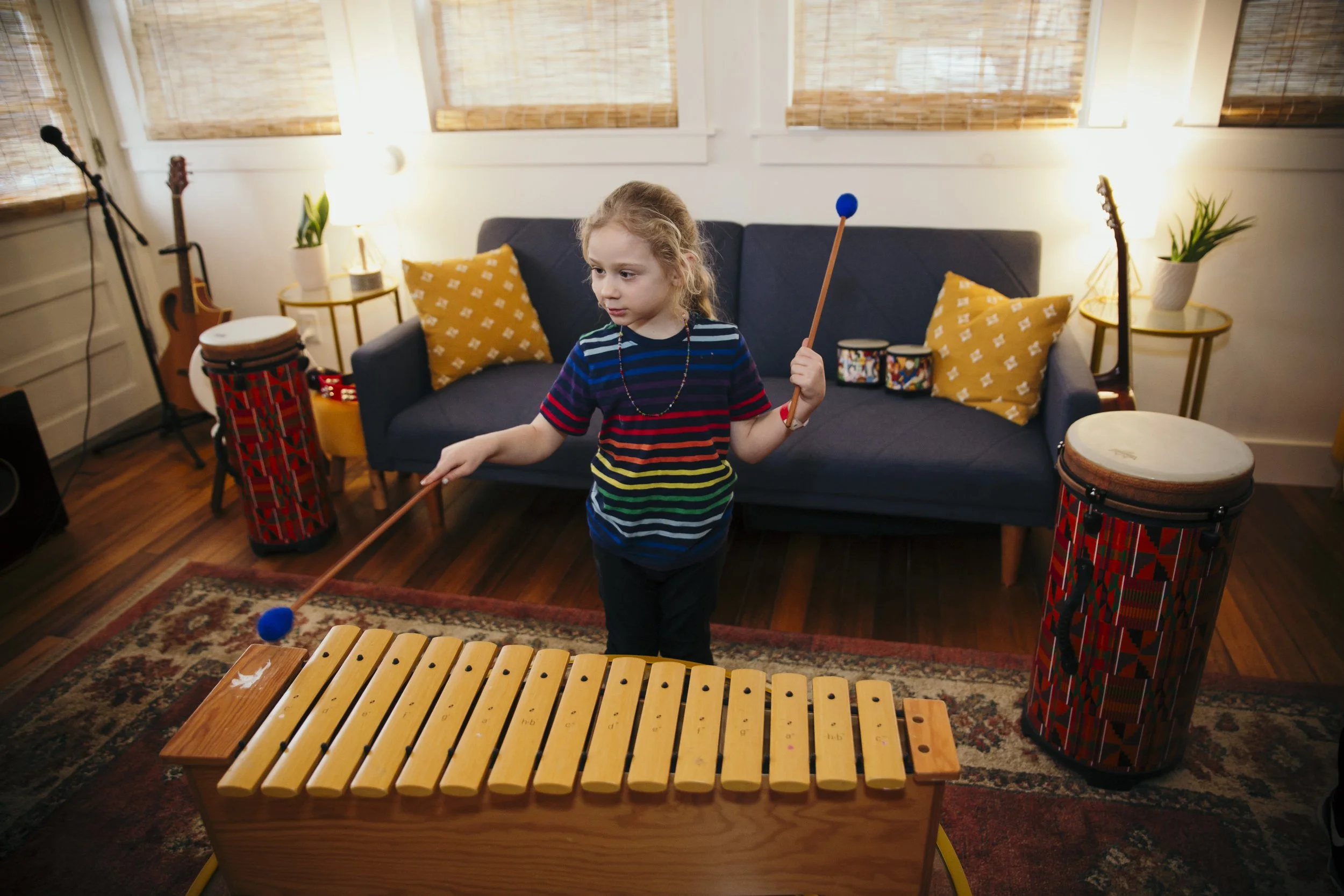Music Therapy
Music Therapy is the clinical and evidence-based use of music interventions to accomplish individualized goals within a therapeutic relationship by a credentialed professional who has completed an approved music therapy program (AMTA, 2005).
Music therapy can be used as a treatment for rehabilitating, maintaining, and improving the lives of persons with emotional, cognitive, social, spiritual, psychological and physical needs.
Music therapists use interventions ranging from active music making, lyric analysis, songwriting, singing and musical improvisation to receptive listening and relaxation to address the patient's goals and objectives.
Research in music therapy supports its effectiveness in many areas such as: overall physical rehabilitation and facilitating movement, increasing people's motivation to become engaged in their treatment, providing emotional support for clients and their families, pain management and providing an outlet for expression of feelings.
Music therapists work with both groups and individuals, children and adults, and with populations ranging from those recovering from brain injuries, hospice/end-of-life care, memory care, addiction/recovery, mental health, persons with special needs to childbirth.
Board Certified Music Therapists
Board Certified Music Therapists (MT-BC) hold a bachelors degree or higher in music therapy, have been trained in physiological, psychological, and behavioral health sciences, music, and the therapeutic application of music, and maintain the credential of MT-BC through continuing education. This credential provides a means for the public to identify qualified practitioners who have passed a national exam measuring the knowledge, skills, and abilities necessary to competently practice in the field of music therapy. Board certified music therapists have completed a clinical internship of at least 1,040 clinical hours in addition to 200-300 hours of clinical practica. Any individual who does not have proper training and credentials is not qualified to provide music therapy services.
“Music therapy can make the difference between withdrawal and awareness, between isolation and interaction, between chronic pain and comfort — between demoralization and dignity.”

